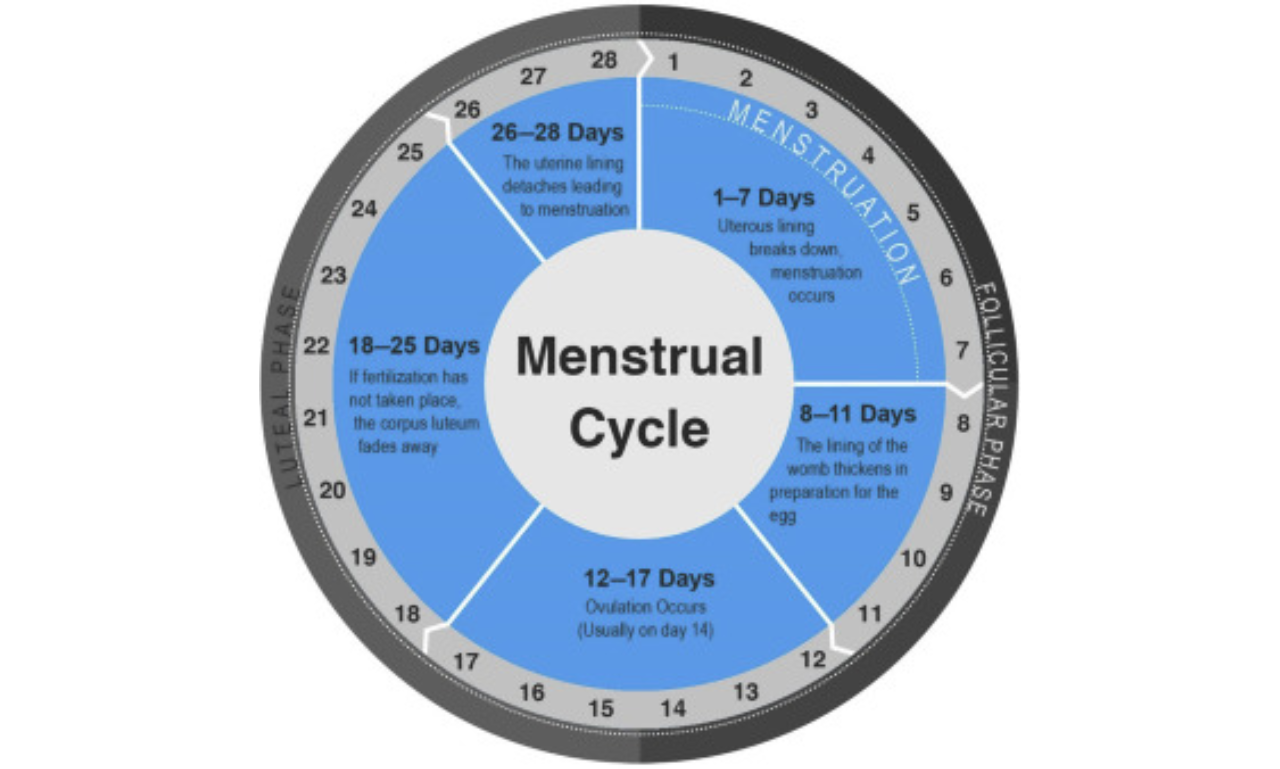Signs of High Fertility in a Woman


What does it mean to have high fertility? High fertility is the time when you are most likely to conceive. High fertility in a women's health can be determined by several factors, including her menstrual cycle. But what are the most common signs of high fertility in a woman? Let's explain.

It's important to note that you don't need to have all of these signs or symptoms of high fertility to be pregnant. You can only tell if you're pregnant if you get a positive result on a pregnancy test.
Here are some of the good signs associated with high fertility or super fertile:
You feel more tired than usual and your sleep patterns start to change
You will feel breast tenderness or sore breasts. This is probably a good indicator of peak fertility
You crave more salty foods and less sweet ones, especially when eating alone
You may notice that your appetite is changing drastically, even though you have not been dieting, exercising, or taking any supplements
You might experience cramping in your lower abdomen or around your pelvis area after intercourse for the first time since TTC (trying to conceive) started (even though this is not a normal part of being pregnant). If this happens, it usually goes away after about 24 hours or so.
You might notice that your breasts aren't sore at all anymore, even though they were before TTC started (this could also mean that there's something called breast engorgement, which means that there's too much fluid.
Irregular periods are one of the most common signs of high fertility in a woman. It is one of the first signs that the ovaries are ready for pregnancy. Irregular periods can be caused by an increased release of the luteinizing hormone (LH) and follicle-stimulating hormone (FSH). These hormones control ovulation and make sure that eggs are released from the ovaries at precisely the right time to allow them to become fertilized by sperm. If you have irregular periods, your body may release more of these hormones than normal. This can lead to more frequent ovulation, which means more eggs will be available for fertilization if you get pregnant.

Women with painful periods may have endometriosis or an ovarian cyst — both conditions that can affect fertility. Painful periods also aren't uncommon before getting pregnant; however, if your pain subsides when you're ovulating and gets worse after ovulation (when the egg is released), it could indicate high fertility rather than premenstrual syndrome (PMS). There are female fertility tests available that are can check your fertility levels.
Infrequent menstrual periods are another common sign of high fertility in a woman. Most women have about 28 days between menses (the period between one period and another one). Infrequent menstrual periods occur when there is no bleeding at all during this period or when it comes every 3 months instead of every 28 days, as most women experience naturally. This happens when there is an imbalance between hormones or due to other medical conditions.

This cycle means high ovulation. If you have a regular cycle or ovulation cycle and you're ovulating, it means that your body is ready to be impregnated by a sperm cell. But what does it mean? Well, let's break this down into the three aspects of fertility:
The most important aspect of high fertility is ovulation. A regular menstrual period tells us that our bodies are ready for pregnancy, but it doesn't tell us when we'll get one! We can't control when we ovulate each month.
The length of your luteal phases is a good indicator as well. This phase is the time after ovulation when you have raised progesterone levels in your body. Progesterone has been found to influence cervical mucus production, so if your cervical mucus is clear, stretchy, and sticky compared to past cycles, this may indicate high fertility.
Another sign that you may have high fertility is increased basal body temperature (BBT). BBT is measured by thermometers placed just under your armpit or under your tongue to measure your core body temperature over time. A rise in BBT indicates higher levels of sexual arousal and ovulation, which are signs that you may be more fertile than usual.
Your body works together to allow for the right kind of growth and development to carry a foetus if given the right circumstances. A regular cycle indicates that all systems are working effectively and that no issues are occurring with ovulation, hormonal balances, or the uterus. If the cycle goes on as planned and the woman notices no medical conditions, then there may be a high fertility level for the individual woman. If you are concerned about your fertility, speak to your doctor or fertility specialist or, order a private home test.
Find more information about fertility in our Health Hub! Read articles about how to boost fertility in your 30s, how to test if a woman is infertile and things not to do if you're trying to get pregnant.










Plus get the inside scoop on our latest content and updates in our monthly newsletter.